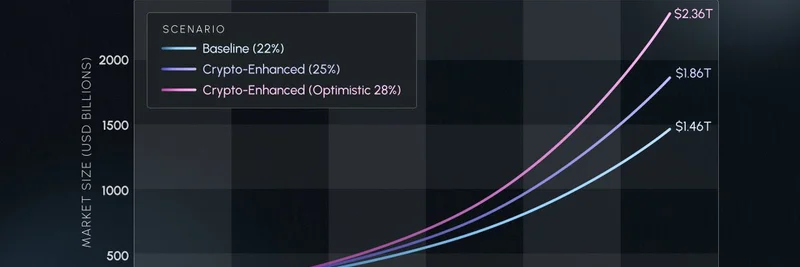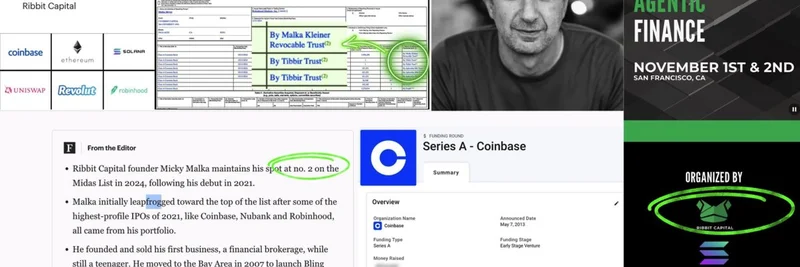Hey there, crypto enthusiasts! If you're keeping tabs on the ever-evolving world of blockchain and digital assets, you've probably caught wind of some big news out of Japan. The folks over at BSCNews dropped a quick update on X (formerly Twitter) highlighting a major shift in how Japan might handle crypto regulations moving forward. Check out the tweet here for the original post.
In essence, Japan's Financial Services Agency (FSA)—that's the country's top financial watchdog—has put forward a proposal to revamp crypto rules. They're suggesting moving oversight from the current Payment Services Act to the stricter Financial Instruments and Exchange Act (FIEA). Why? To beef up investor protection and treat cryptocurrencies more like traditional securities. This comes straight from a report covered by Cointelegraph, and it's got the potential to reshape the landscape for everyone from casual traders to meme token creators.
Breaking Down the Proposal
Let's keep it simple: Under the Payment Services Act, crypto has been treated more like a payment method or digital currency. But the FSA's report points out that many crypto-related headaches—think shady white papers (those are the documents outlining a project's details), false advertising, unregistered exchanges, and even outright scams—mirror issues already handled under securities laws. By switching to the FIEA, they'd apply tougher rules like mandatory disclosures for issuers, regulations on brokers, bans on unfair trading practices, and quick enforcement actions against bad actors.
The report isn't just talk; it's backed by some eye-opening stats on Japan's crypto scene. There are over 12 million accounts at local exchanges, with user deposits topping 5 trillion yen (that's about $33.7 billion). That's roughly one crypto account for every 10 people in Japan! Most holders are middle-income folks betting on long-term gains, and small trades dominate—over 80% of accounts hold less than $675 worth of crypto. Even Japan's Finance Minister, Katsunobu Kato, chimed in recently, saying that while crypto's volatile, it can fit into diversified portfolios if the environment is right.
Why This Matters for Meme Tokens and Blockchain Fans
Now, if you're deep into meme tokens—like those fun, community-driven coins that can skyrocket on hype alone—this could be a game-changer. Meme tokens often launch with minimal regulation, relying on viral marketing and tokenomics (that's the economic model behind the coin). Under the new setup, if a meme token looks like a security (say, if it promises profits from team efforts), it might face stricter scrutiny. That means clearer disclosures, which could weed out scams but also add hurdles for quick launches.
On the flip side, stronger rules might build more trust in the market, drawing in bigger players and stabilizing things for long-term holders. Japan’s already a crypto powerhouse, with folks holding more digital assets than foreign exchange or corporate bonds in some cases. For blockchain practitioners, this aligns with global trends—think the U.S. SEC's battles with crypto firms—and could inspire better practices worldwide. If you're building or investing in meme projects, keeping an eye on these changes is key to staying compliant and ahead of the curve.
What's Next?
This proposal is from an internal FSA briefing to the Financial System Council, which advises the minister. It's not law yet—the government will decide if new rules roll out. But given Japan's push for a "proper investment environment," as Minister Kato put it, expect more developments soon.
At Meme Insider, we're all about demystifying these updates so you can level up your blockchain knowledge. Whether it's regulatory shifts or the next hot meme token, we've got you covered. Stay tuned for more insights, and drop your thoughts in the comments—what do you think this means for the future of crypto in Japan?



